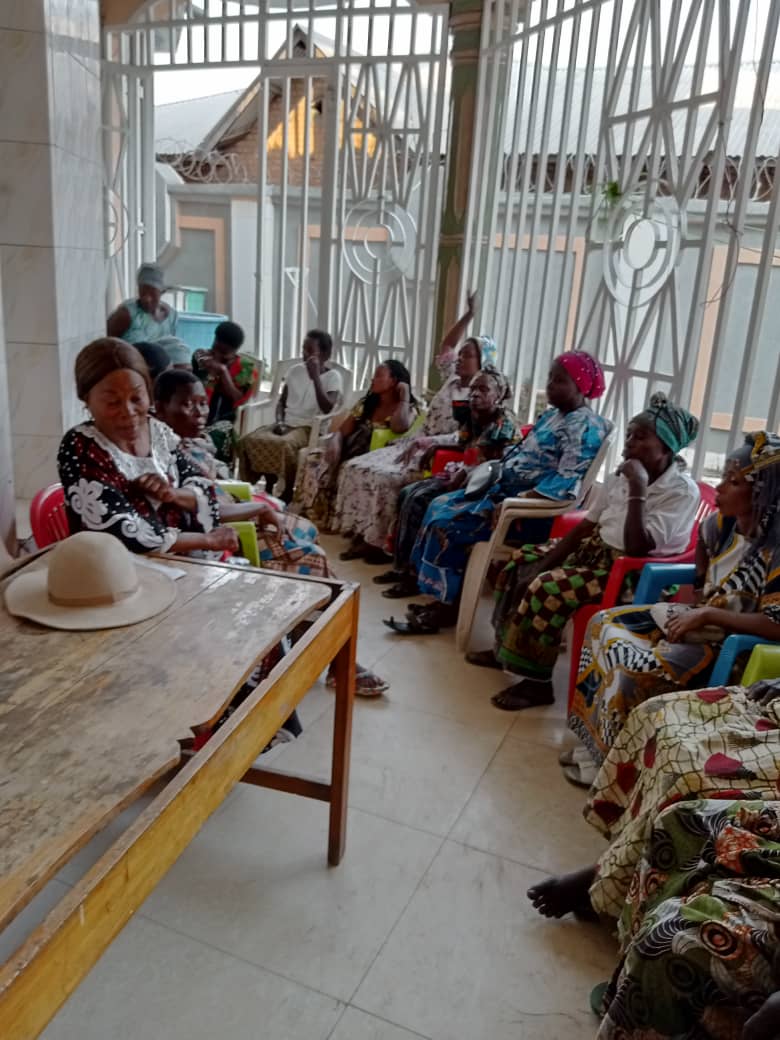Subscribe to our E-Letter!
Subscribe to our e-mail and stay up-to-date with news and resources from street vendors around the world.
The Eastern part of the Democratic Republic of the Congo has been a war-torn territory for decades. It is rich in minerals, woods, metals and other natural resources that are attractive for states, multinational corporations and mercenary groups. The populations living on that border have suffered endlessly from the greed of different actors. As StreetNet International we always aim at highlighting the solidarity stories among workers: how do they organise in the face of a bloody conflict such as the one going on in the Democratic Republic of Congo?
The DRC is the second largest country in Africa. It has a population of 105 million people. Around 44.95% of the population is urban, meaning a good part of the congolese people live in cities. The capital Kinshasa and Lubumbashi are the two largest cities in the country. StreetNet has three affiliates in the Democratic Republic of the Congo: SNVC and LDFC in the capital and ASSOVACO in the east of the country, close to the Rwandan border. The latter are the ones more affected by the conflict.
International media have reported extensively about the border violence, which has complex origins, rooted both in the fight for natural resources control and political clashes between Rwanda and DRC. Unfortunately the region is not new to devastating, large-scale conflicts. In the 1990s it was the stage of the two wars known as the Congo wars, that killed millions of people.
As it always happens, labour organising and solidarity are both extremely difficult and indispensable for the survival of workers, particularly those in the informal economy. The fragility of their livelihood is exacerbated by the violence, the redirection of resources towards military operation and the widespread
The work of solidarity, however, does not stop in times of war. Our comrades in the eastern part of the country, ASSOVACO, are tirelessly supporting their members through concrete actions.
“We ASSOVACO in this time of war we support our members by distributing micro credit to our members who have lost their goods during looting in the city”, tells us comrade Micheline Feza, from Assovaco, an organiser working on the ground.
The impact of the war extends beyond the eastern region. In Kinshasa, the capital, where LDFC is based, the insecurity in the streets is palpable. “All the institutions are in turmoil and the attention is on the east of the country” says Marie Louise Kipulu from the LDFC. “Street vendors, moreover, are chased in the streets and asked not to sell, the authorities citing the insecurity due to the war”.

“War and conflict have continued to bring endless suffering to so many people in different parts of the world, Africa included. We offer our solidarity to our affiliate organisations in the DRC” says Lorraine Ndlovu, President of StreetNet International. “The affiliates’ members are mostly made up of women, who earn their living working in the streets and in the market. The war is robbing them of the opportunity to work. Their lives are getting even more precarious, and their survival is endangered. When political leaders decide to go to war, it’s the ordinary people who suffer the most. In the case of Congo, the war is linked to the presence of precious raw materials, to which the larger population has no access to”.
As climate disasters, economic shocks, and conflicts continue to devastate informal economy workers worldwide, StreetNet International’s Resolution 44, passed during the 7th Congress in 2023, calls for unwavering solidarity among the global working class. The resolution demands concrete support—from governments and unions alike—to protect vendors whose livelihoods are suspended by crises beyond their control. Whether facing war, pandemics, or climate catastrophes, street vendors need social protections, emergency funds, and a seat at the policy table to be . Only collective action can ensure these workers aren’t left to drown in the wake of global crises they did nothing to create.

By entering your personal data and clicking “Suscribe,” you agree that this form will be processed in accordance with our privacy policy. If you checked one of the boxes above, you also agree to receive updates from the StreetNet International about our work